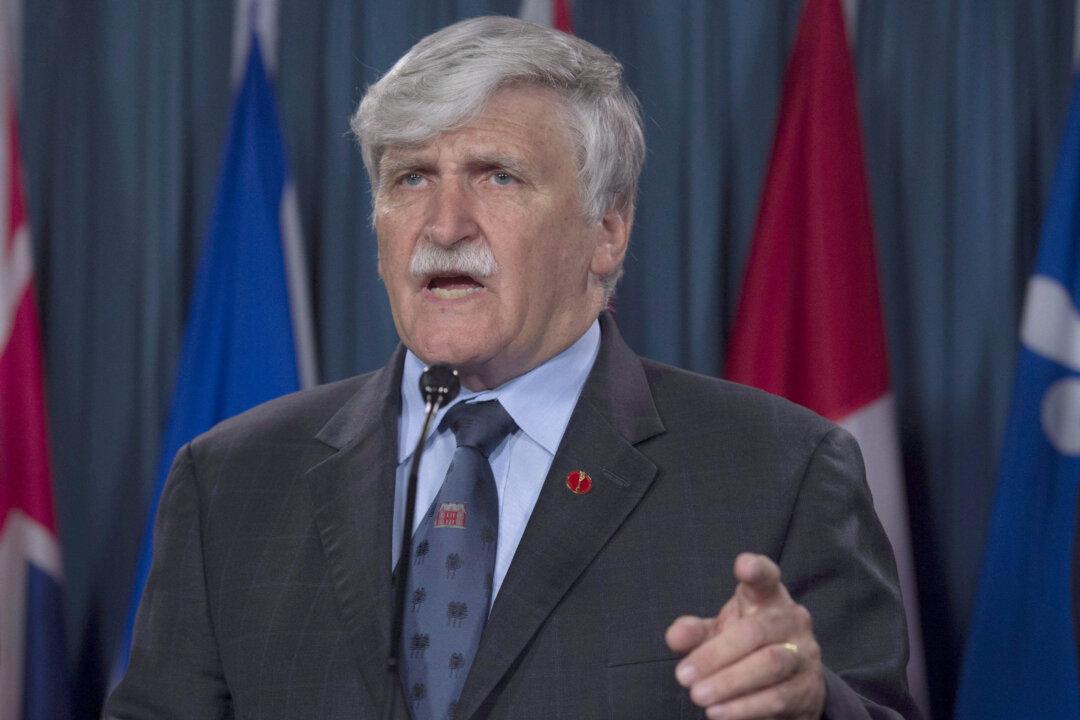OTTAWA—Anthony Lake was in a Syrian hospital a few months ago watching surgery being performed on a sniper victim, whose age he could not determine because of the severity of the injuries.
Lake, the executive director of the United Nations Children’s Fund, watched the doctors pluck pieces of the patient’s jawbone out of his shattered face using what he called “old instruments” in a setting he described as “sort of an operating room.”
Lake was shown the anaesthetic that was being used—its best-before date was several years ago.
“It’s an outrage,” the head of UNICEF said in an exclusive interview with The Canadian Press by telephone from his New York City office.
“Badly, in a word,” is how Lake described the way things are currently going in Syria.





